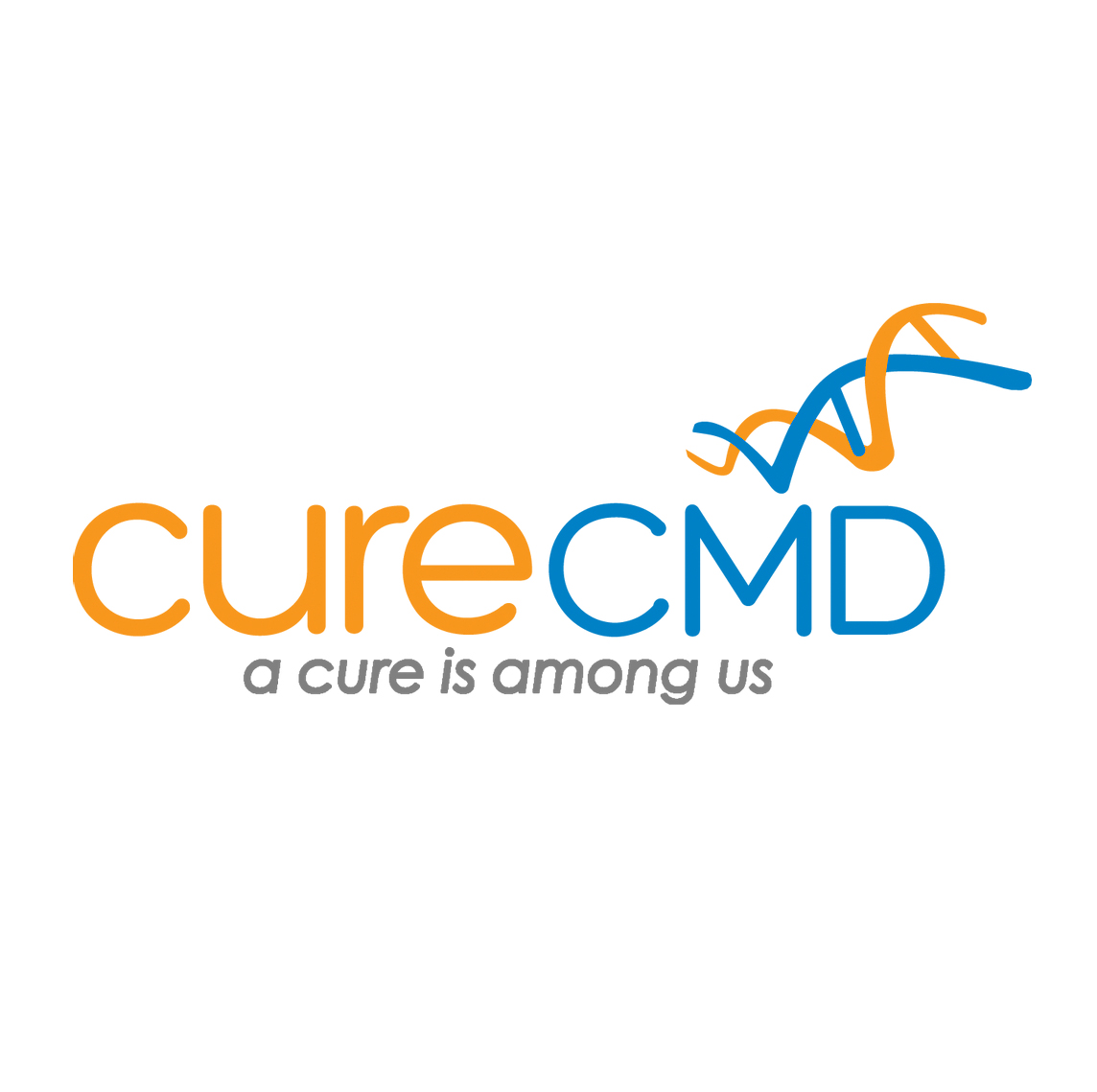Prothelia: Developing A Protein Replacement Therapy For LAMA2-CMD
Steven Axon is the CEO of Prothelia, a biopharmaceutical company based in Massachusetts, USA, committed to developing a promising new treatment for LAMA2-CMD patients.
Patients with LAMA2-CMD have a mutation in the LAMA2 gene – a gene responsible for making a protein called laminin-211. In the body, muscle cells and muscle fibres are surrounded by a web called the extra-cellular matrix. This extra-cellular matrix provides mechanical support to the muscles, holding them together, allowing them to grow and function normally. The muscle cells are normally attached to the extra-cellular matrix via the laminin-211 protein. In LAMA2-CMD patients, due to the LAMA2 mutation, the laminin-211 protein is slightly different and so the muscle cells cannot attach to the extra-cellular matrix very well. This poor attachment between the muscle and extra-cellular matrix leads to the muscle weakness and poor muscle growth that is associated with LAMA2-CMD.
Prothelia aims to improve this attachment with a protein drug called rhLAM-111. This protein is usually involved in embryonic development and is very similar to normal laminin-211, and so is able to attach the extra-cellular matrix to muscle cells quite well. rhLaminin-111 will effectively compensate for the defective laminin-211 protein in LAMA2-CMD patients, returning much of the structural integrity to the muscle cells and fibres. Research has shown that administering laminin-111 to mice with LAMA2-CMD resulted in the mice becoming more active, gaining muscle strength, and living three times longer.
The road to clinical trials
In 2020, Prothelia were able to make tremendous progress and are now able to make laminin-111 in the laboratory much more easily. They are currently finalising their manufacturing process and at the same time starting to run pre-clinical studies to establish the safest and most effective dose of rhLaminin-111. In collaboration with Cure CMD, Radboud UMC, Voor Sara, ImuplsaT and several other organisations, Prothelia is running natural history studies to establish the best clinical outcomes that will eventually allow to measure if the treatment can indeed benefit patients.
Once all the necessary data has been collected from pre-clinical studies, Prothelia is confident they will be able to get the approval from regulators to start clinical trials in patients. Then, the clinical trials program will be able to begin to confirm if laminin-111 protein replacement therapy is safe and effective in LAMA2-CMD patients.






